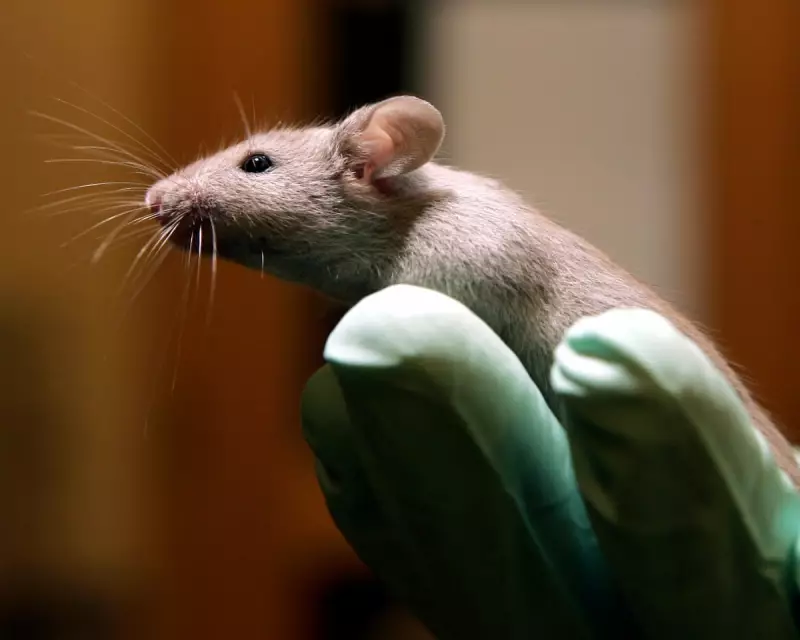
The United Kingdom continues to rely heavily on animal testing for medical and scientific research, with recent Home Office statistics revealing a staggering 2.8 million procedures were conducted on living creatures in a single year. This persistent dependence on animal models persists despite growing evidence that advanced technologies could provide more accurate and humane alternatives.
The Scientific and Ethical Dilemma of Animal Testing
For decades, the pharmaceutical and research industries have justified animal testing as a necessary sacrifice for human medical advancement. The underlying assumption has been that these experiments, while unfortunate, provide crucial safety data and therapeutic insights that would be impossible to obtain otherwise.
However, this position faces increasing challenges from both ethical and scientific perspectives. Many animal tests fail to accurately predict human responses, with over 90% of drugs that show promise in animal studies ultimately failing in human clinical trials. This high failure rate suggests significant limitations in translating results from one species to another.
The ethical concerns are equally compelling. The 2.8 million procedures recorded by the Home Office represent individual conscious beings subjected to experiments that typically involve significant suffering, despite regulations intended to minimize pain.
Technological Alternatives Gaining Traction
Modern science has developed numerous sophisticated alternatives that could dramatically reduce our reliance on animal testing. Advanced technologies including organ-on-a-chip systems, sophisticated computer modelling, and 3D bioprinting now offer researchers more human-relevant data than traditional animal models.
Organ-on-a-chip technology, for instance, uses human cells to create miniature versions of human organs that can accurately simulate human physiological responses. These systems can test drug reactions and disease progression with human-specific accuracy that animal models cannot match.
Similarly, advanced computer models can predict how substances will interact with human biology by analysing vast databases of existing chemical and biological information. These computational approaches become increasingly powerful as artificial intelligence and machine learning capabilities expand.
Policy Changes and Public Pressure
The UK government faces growing pressure to accelerate the transition away from animal testing. Public opinion has shifted significantly, with increasing numbers of citizens questioning the necessity and morality of current practices.
While regulations like the Animals (Scientific Procedures) Act theoretically require researchers to implement the 3Rs principle—replacement, reduction, and refinement—critics argue that implementation has been insufficient. The replacement aspect, which should prioritise non-animal methods, often takes a backseat to merely reducing numbers or refining procedures.
Significant policy changes could drive faster adoption of alternative methods. Increased funding for developing and validating non-animal technologies, along with regulatory requirements that prioritise human-relevant data over animal test results, could catalyse the transition.
The scientific community itself is increasingly divided on the issue. Many researchers acknowledge both the ethical concerns and the scientific limitations of animal models, while others remain sceptical about whether alternatives can fully replace traditional methods for complex biological questions.
The path forward requires balancing legitimate concerns about medical progress with both ethical considerations and scientific evidence. As technology continues to advance, the case for maintaining current levels of animal testing becomes increasingly difficult to defend from either moral or practical perspectives.
The UK has an opportunity to lead in developing and implementing more advanced, humane research methods that could ultimately provide better medical outcomes while respecting other species. The question remains whether political will and scientific tradition can adapt quickly enough to make this transition reality.






